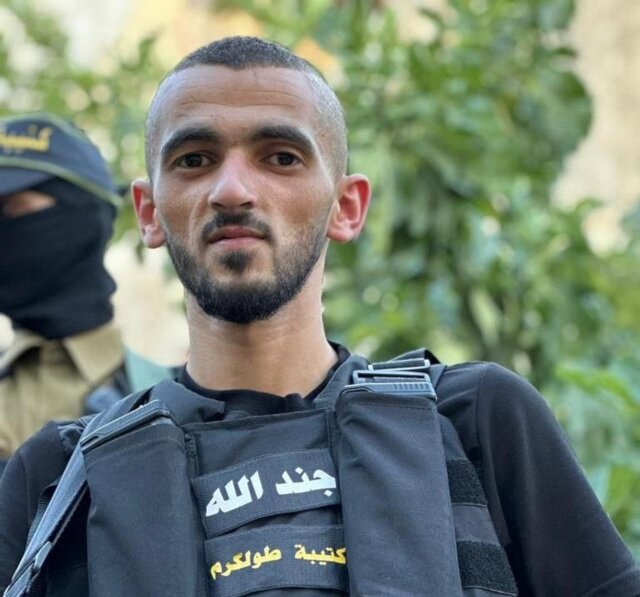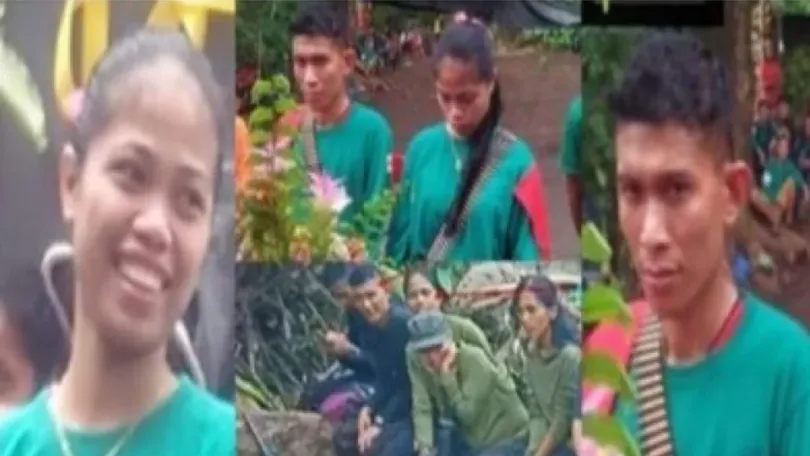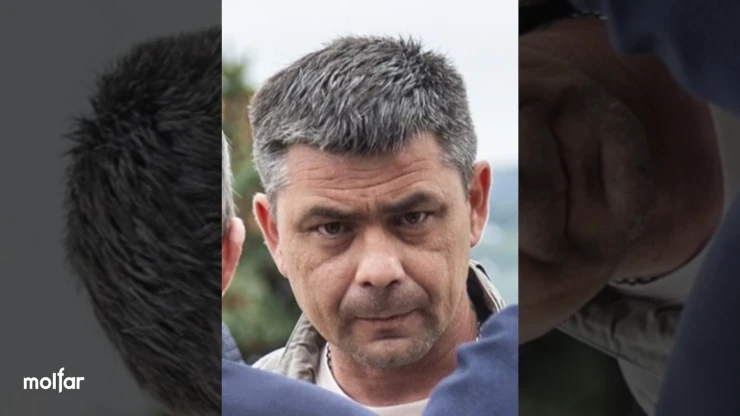BRIEFS
BRIEFS
ARABS AND TUAREG CLASH OVER NARCOTICS SMUGGLING IN NORTHERN MALI
Emerging reports describe a major gun-battle between Bérabiche Arabs escorting a convoy of Moroccan cannabis through the Malian Sahel and a party of armed Tuareg nobles who appeared, in traditional fashion, to demand a fee for passing through their territory (El Watan [Algiers], January 4). The convoy of roughly 20 four-wheel drive vehicles was on its way through northeastern Mali, bound for Libya via Niger. An intense battle lasting several hours followed the convoy’s attempt to bypass the Tuareg gunmen, resulting in the death of five traffickers and two Tuareg, along with an unknown number of wounded.
Some factions of Mali’s Tuareg have been petitioning the government for permission to form government-sponsored anti-terrorist militias (See Terrorism Monitor Briefs, November 4, 2010). Implementation of this plan appears to have been postponed to avoid an “unpredictable reaction” from the al-Qaeda kidnappers of seven foreign hostages (including five Frenchmen) seized at the Areva uranium plant in northern Niger. The hostages are currently being held at AQIM strongholds in northwest Mali.
It has been suggested that al-Qaeda is involved in the flourishing narcotics smuggling in the Sahara/Sahel region, but other sources indicate that while there is an overlap in the use of smugglers and drivers that work in the narcotics trade, al-Qaeda makes ample money from its kidnappings and wishes to avoid the additional security complications that would follow a full-scale commitment to international narcotics trafficking (El Watan, January 3).
Drug cartels from Venezuela, Spain, Portugal and Colombia are reported to be active in the Malian capital of Bamako, where their violent competition often appears to elude the attention of local police (El Watan, January 3). Malian police recently entered a Bamako cement warehouse to find a Venezuelan and a Portuguese trafficker using a chainsaw to cut up the body of a Colombian using a fake Ukrainian passport. The discovery was not part of an investigation and the Portuguese suspect has already escaped (Le Monde, January 3).
Malian authorities reported breaking up a trafficking network during a raid near the Mauritanian border on December 9, 2010. The network was allegedly composed of ex-fighters of the West Saharan Polisario Front, now confined to camps in southern Algeria (AFP, December 10, 2010). Tamensa, located near the meeting point of the Algerian, Nigerien and Malian borders, appears to be a hotspot of trafficking and smuggling activity (al-Hayat, January 1). In the cities of northern Mali, specifically Gao, Kidal and Timbuktu, a mini-building boom has followed the influx of kidnapping and trafficking revenues and banks are reported to accept bags of cash without question (Le Monde, December 22, 2010).
There are indications, however, that a Tuareg vs. Arab paradigm may not reflect the reality of the violence in northern Mali. The introduction of democracy by the state has created something of a social revolution in the region. Since the April 2009 regional elections, the traditional leaders of the Arab community, the Arab-Berber Kounta, and the traditional leaders of the Tuareg, the Ifogha, have lost a great deal of their previous influence. The “noble” groups blame this on the alleged use of smuggling money by their respective vassal communities (the Telemsi and Bérabiche Arabs and the Imghad Tuareg) to buy victory in the elections, creating an inversion of the existing power structure in northern Mali. The growing dispute has erupted in ambushes of Arab-Imghad narcotics convoys crossing the region (U.S. Embassy Bamako cable, February 1, 2010, as published in the Guardian, December 14, 2010; Le Monde, December 22, 2010; MaliKounda.com, December 7, 2009; see also Terrorism Monitor, November 4, 2010).
NEW LAW SETS NOTORIOUS TURKISH HEZBOLLAH MEMBERS FREE
At least 25 suspected terrorists in a notorious mass torture-murder investigation have been released by a Turkish court under the new terms of article 102 of the Criminal Procedure Code, which forbids detention for more than ten years without the conclusion of a trial. The release of the suspects from Turkish Hezbollah has pitted politicians and judges in a dispute over responsibility while an outraged public questions the state’s dedication to eliminating terrorist groups in Turkey. The men are among as many as 1,000 suspected criminals expected to be released under the new law (NTV, January 5; Hurriyet, January 6; Today’s Zaman, January 5). Many more terrorist suspects, including the killer of journalist Hrant Dink, could be released within the coming year. Other beneficiaries of the changes include members of the Kurdistan Workers Party (Partiya Karkeren Kurdistan – PKK) and various left-wing organizations. Some of the suspects did not reach the streets after their release from custody, however; having failed to complete mandatory military service, they were taken straight to military recruiting offices.
The freed members of the ethnic Kurdish and Sunni Hezbollah movement (no connection to Lebanon’s Shi’a Hezbollah) include military leader Haci Inan, Istanbul leader Ilyas Kutulman and assassin Edip Gumus, who is accused of killing 42 people. The suspects were arrested in a January 2000 investigation that resulted in the death of Hezbollah leader Huseyin Velioglu and the discovery of dozens of bodies (many showing signs of torture and restraint) beneath a number of Hezbollah safe-houses. Many of the dead showed signs of having been buried alive. Searches discovered hundreds of videotapes recording the torture and execution of Kurdish PKK members and rival Islamists, many of them moderates (see Terrorism Monitor, January 25, 2008). Inan and Kutulman were charged with "attempting to overturn the constitutional order via force of arms," based on Hezbollah’s avowed intention to replace the existing state with an Islamic government by force (Anatolia, January 4). The case is complicated by numerous allegations that Hezbollah operated as a covert arm of the state’s efforts to crush Kurdish separatism and Islamist challenges to the officially secular Turkish state (Hurriyet, January 7; BBC, January 23, 2000).
Many of the Hezbollah suspects were quickly given life sentences in local courts after their arrest, but once the cases arrived at the Supreme Court of Appeals in Ankara they became bogged down in the sluggish and undermanned Turkish justice system (Hurriyet, January 7). Others received life sentences in December 2009.
Though the suspects are not allowed to travel and must report to police on a regular basis, there is no indication that the appeals court will arrive at a verdict any time soon. The ordinance has come under legal criticism in Turkey as still failing to meet EU standards as intended.


